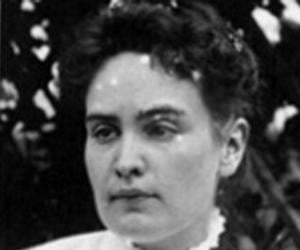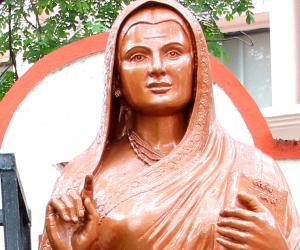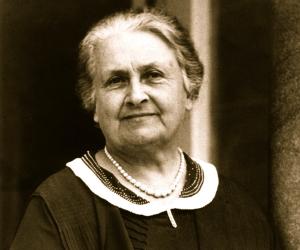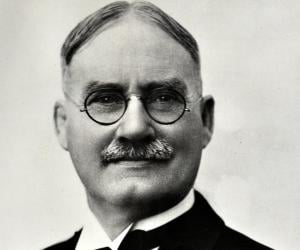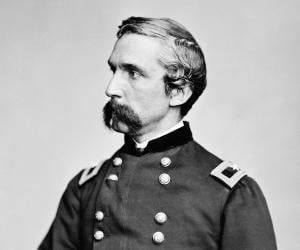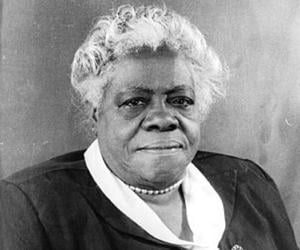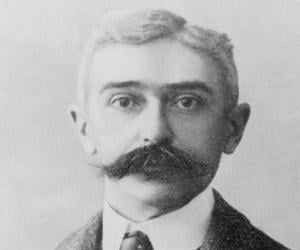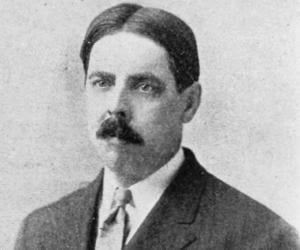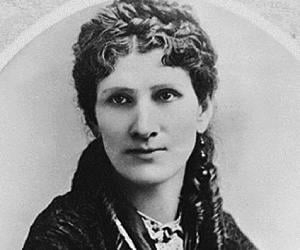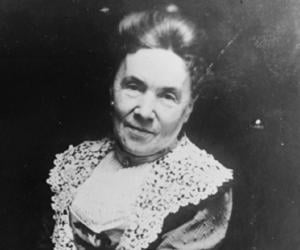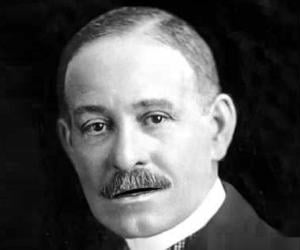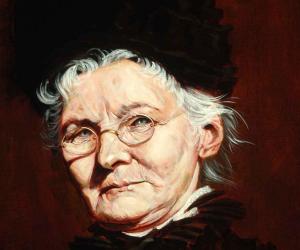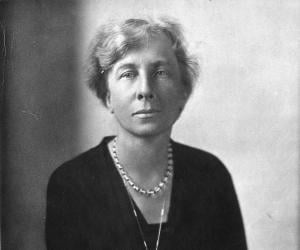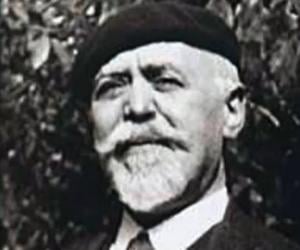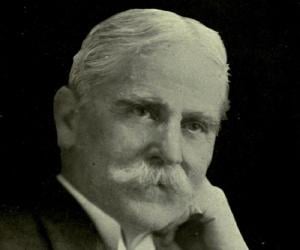Savitribai Phule was a revolutionary social reformer who dedicated her life to educate girls and bring about gender equality in the face of resistance from the conservative Indian society. Phule, who was illiterate till her marriage, went on to become a teacher, a feat considered first by an Indian woman. With her husband, she established schools for girls in Maharashtra.
Maria Montessori was an Italian educator and physician best known for developing the Montessori method of education, a student-friendly method, which is being used in several public and private schools around the world. In 2020, she was nominated by Time magazine as one of their Top 100 Women of the year.
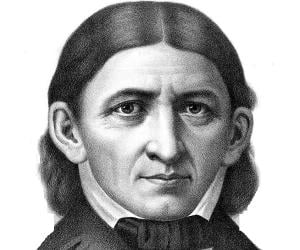
Mary McLeod Bethune was an American civil rights activist, educator, womanist, humanitarian, and philanthropist. She is credited with founding the National Council of Negro Women. Bethune also played a key role in the creation of the Black Cabinet while serving as an adviser to Franklin Roosevelt. In 1973, Bethune was made an indutee of the National Women's Hall of Fame.
Pierre de Coubertin was a French historian and educator. Credited with founding the International Olympic Committee, Coubertin is often referred to as the father of the modern Olympic Games. Also an important contributor to the sport of rugby union, Coubertin was inducted into the World Rugby Hall of Fame in 2007.
Indian-born British author Anna Leonowens is best remembered for her memoir The English Governess at the Siamese Court, which related her experience as a governess of the children of King Mongkut of Siam. The musical The King and I and the novel Anna and the King of Siam were inspired by her life.
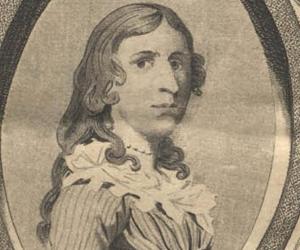
Daniel Hale Williams was a general surgeon known for performing the first documented, successful pericardium surgery in the US in 1893. Born to interracial parents, he faced numerous struggles in his journey to become a physician. He later founded the first non-segregated hospital in the United States, Chicago's Provident Hospital. He also founded a nursing school for African Americans.
After losing her husband and children in a yellow fever epidemic and her dress shop in the great Chicago fire, schoolteacher and dressmaker Mary Harris Jones became an activist, earning the nickname Mother Jones. A prominent unionist for coal miners and other workers, she also co-founded the Social Democratic Party.
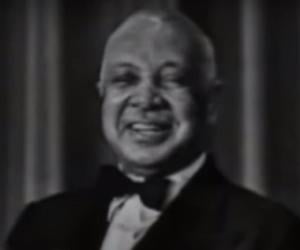
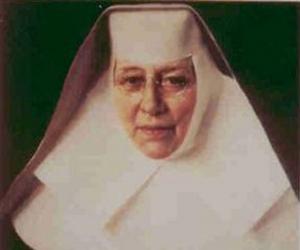
Roman Catholic saint Katharine Drexel, the founder of Xavier University, was born to Philadelphia banker Francis Anthony Drexel and picked up he philanthropic habits from her father. In spite of inheriting a massive fortune, she devoted her life to building schools and churches for the racially underprivileged.
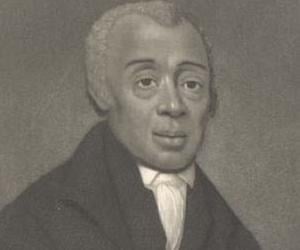
Born to slave parents, American clergyman Richard Allen became a Methodist convert at 22. He later founded the African Methodist Episcopal Church and served as its first bishop. Apart from establishing the first church for Blacks in the U.S., he worked on various aspects to improve the lives of Blacks.

American astronomer, naval officer, oceanographer and author Matthew Fontaine Maury, who first served the United States Navy and then the Confederacy States Navy, made significant contributions in oceanography. His book Physical Geography of the Sea is counted among the first comprehensive books on oceanography. Navies and merchant marines across the world adopted his uniform system of recording oceanographic data.
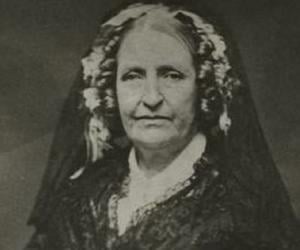
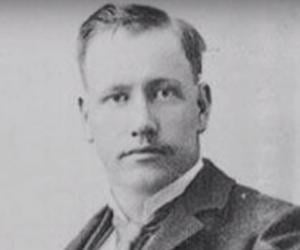
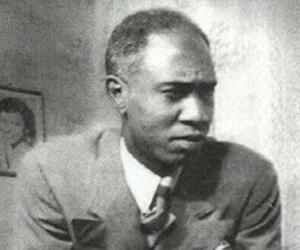
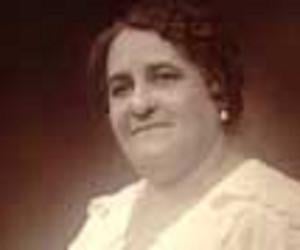
Best known for his masterpiece The Sorcerer's Apprentice, French composer Paul Dukas was admired by both conservative and progressive French musicians. Born to a pianist mother, Dukas had begun composing while recovering from an ailment at age 14. Shortly before his death, he destroyed most of his manuscripts.
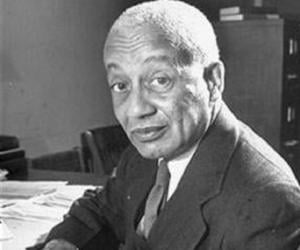
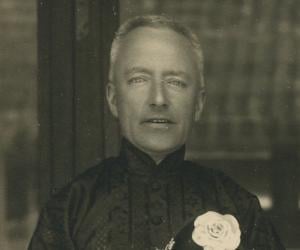

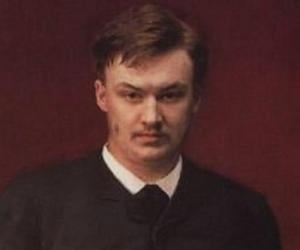
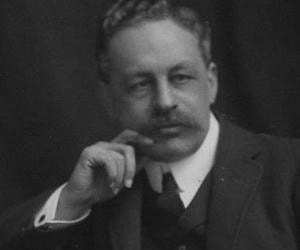
Halford Mackinder was an English geographer, politician, and academic. He is considered one of the founding fathers of geostrategy as well as geopolitics. Mackinder’s work helped establish geography as a separate discipline in the UK. An influential academic, Halford Mackinder held important positions in popular universities, including the University Extension College and the London School of Economics.
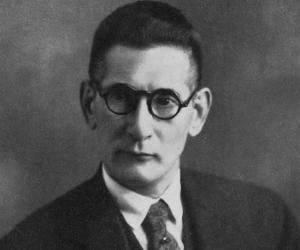
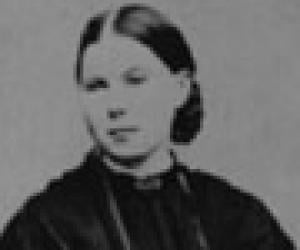
Renowned educator of the 1800s, Charlotte Mason introduced a new way of teaching children, which included the use of books which engage the reader, or what she called “living books,” maintaining a nature journal, and using music and art as resources. She helped develop homeschooling techniques that are in use to this day.
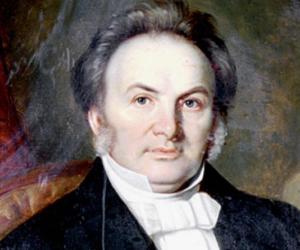
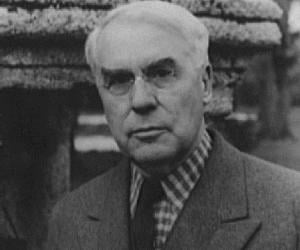
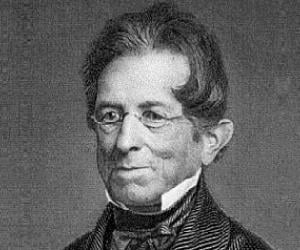
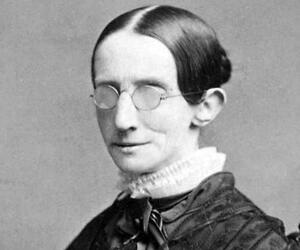

Initially a professor of theology, philosopher Rudolf Otto later contributed to some of the most significant works of theology, such as The Idea of the Holy. He was also a member of the Prussian Parliament and is remembered for his services to Christianity and his idea of numinous.
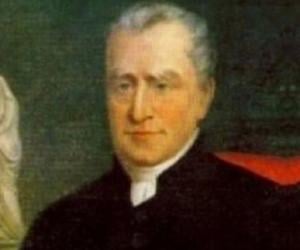
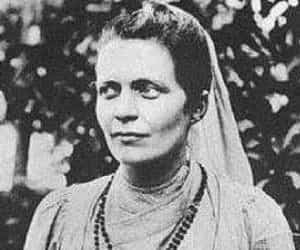
Born in Ireland, schoolteacher Margaret Elizabeth Noble met Indian spiritual leader Swami Vivekananda in London and, inspired by his ideals, went to Calcutta, where she was renamed Sister Nivedita and began following Brahmacharya. She not only founded a girls’ school in Kolkata but also worked for social upliftment of Indians.
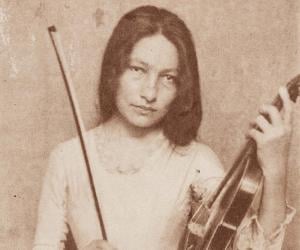
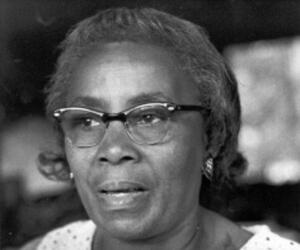
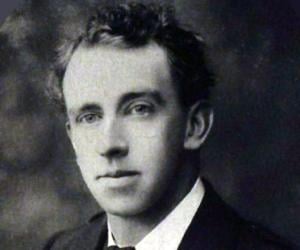
Born to schoolteacher parents, Thomas MacDonagh initially aspired to be a missionary. However, he later taught English and French, and then focused on writing. The author of plays such as When the Dawn Is Come, MacDonagh later joined the Irish Volunteers and led the Easter Rising before being executed by shooting.
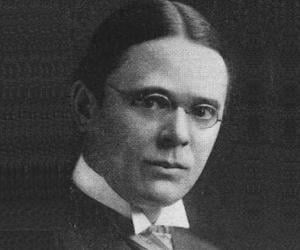

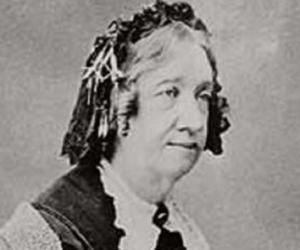
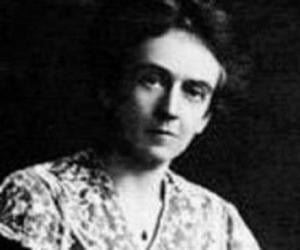

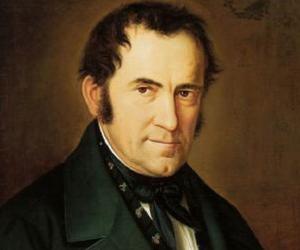
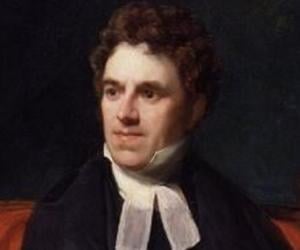
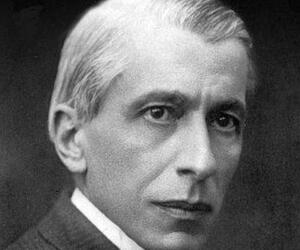
Known for his pathbreaking research on the hormone insulin, Romanian physiologist Nicolae Paulescu was also a professor of medicine. He had a tiff with the Nobel Prize committee on their decision to award two other scientists for the discovery of insulin. His anti-Semitic writings influenced the Iron Guard movement.
